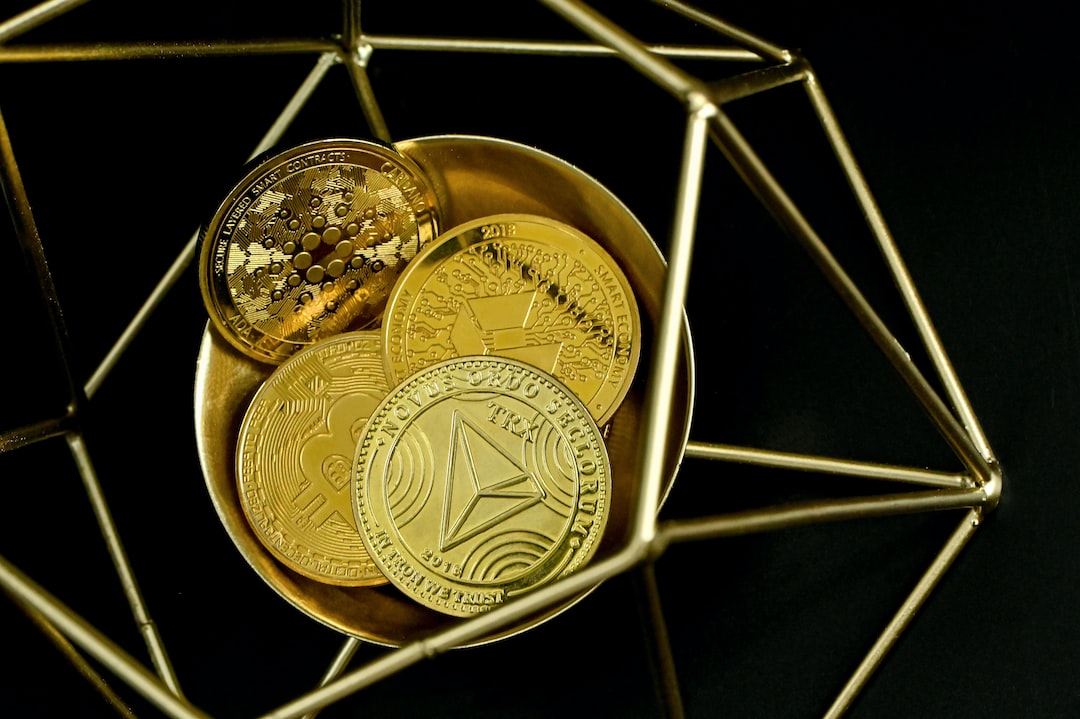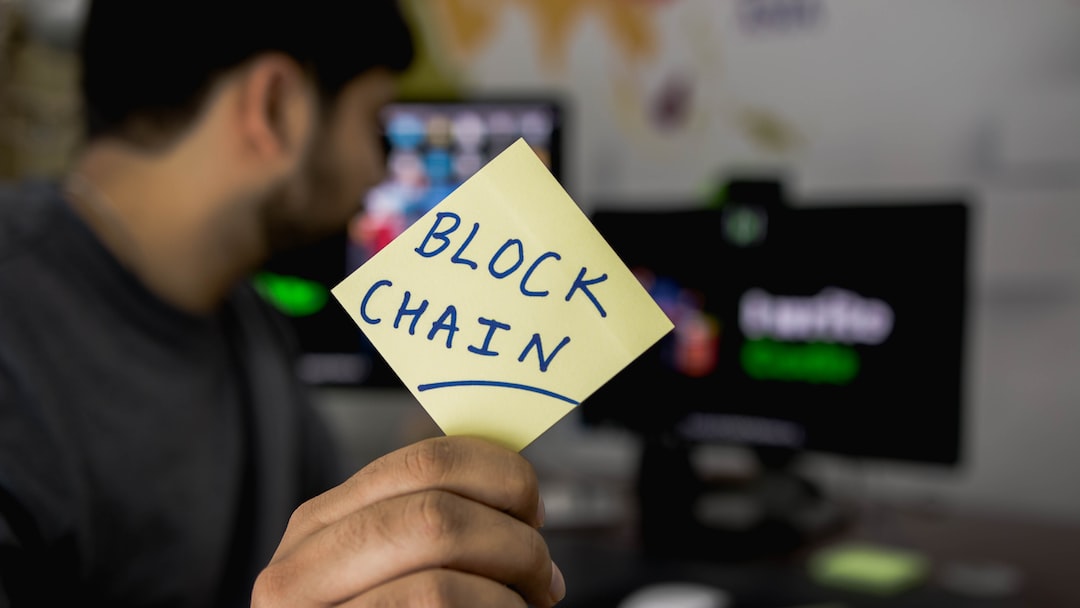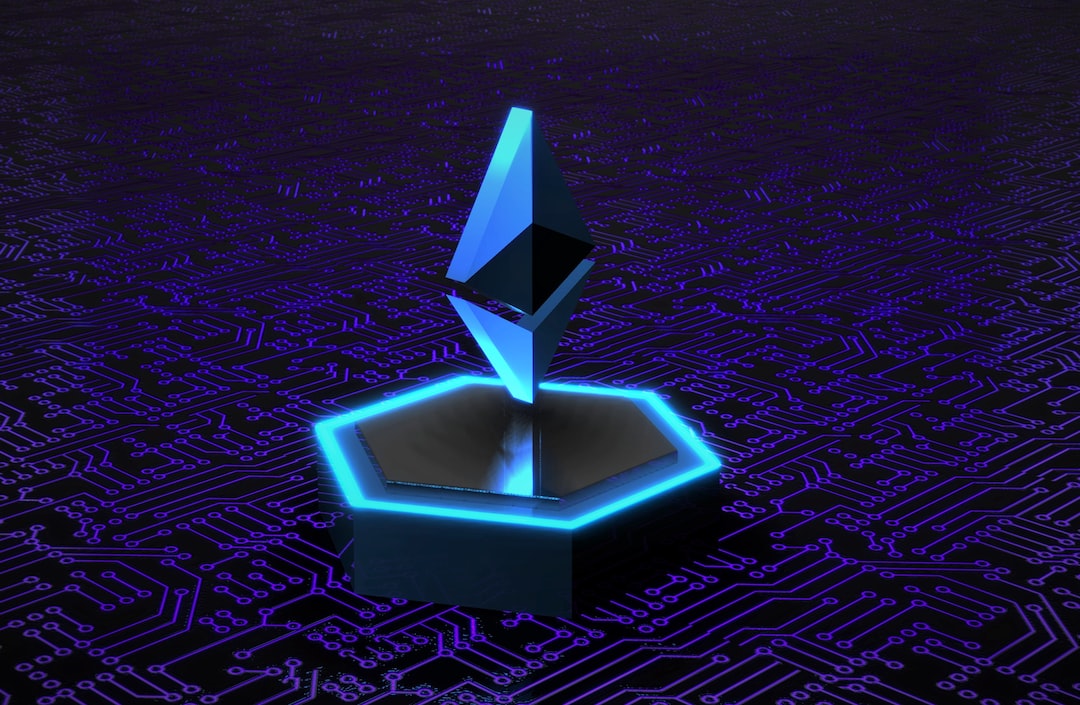Israel Explores Blockchain Applications in Real Estate
The Israel Land Authority is considering the adoption of blockchain technology in the real estate sector. The authority has invited blockchain experts to assess the potential applications of distributed ledger technology (DLT) in real estate transactions. The aim is to identify how blockchain can improve the efficiency of the industry, which is currently plagued by time-consuming processes and high operational costs, according to Israeli media.
Potential Applications of Blockchain in Real Estate
The Israeli Land Authority believes that DLT can facilitate various aspects of real estate, such as property registration, license management, and smart contract-based buying and selling. It also envisions the creation of a national property registry on the blockchain. Additionally, tokenization of real estate properties could enable the establishment of a national exchange for trading property tokens. However, third-party certification would be necessary to ensure the safety of participants in these operations.
Benefits of Tokenization
Tokenization could address several challenges faced by the Israeli property market, including illiquidity, lengthy formalities, and high fees due to intermediaries. By eliminating intermediaries and reducing fees, tokenization can enhance liquidity and attract a broader range of investors. It allows fractional ownership through dividing properties into multiple tokens.
Roi Karo, Chief of Risk and Strategy at Fireblocks, highlights the advantages of tokenizing real estate assets:
“By tokenizing these assets and using blockchain rails, real estate transactions can be nearly instantaneous and can occur directly between two parties anywhere in the world.”
Other Benefits and Examples
Besides tokenization, blockchain technology can provide additional benefits to the real estate market. It enables verification of property ownership through a blockchain-based land registry system and reduces the ability of third parties to make unauthorized changes. Colombia is already developing a similar system using the XRP Ledger to issue and authenticate property documents without the involvement of intermediaries.
Hot Take: Blockchain Revolutionizing Real Estate Transactions in Israel
The Israeli Land Authority’s exploration of blockchain technology in the real estate sector could potentially revolutionize property transactions in the country. By leveraging blockchain’s efficiency, transparency, and security, Israel aims to overcome the current challenges of time-consuming processes and high operational costs. Tokenization of real estate assets offers significant advantages, including increased liquidity, reduced fees, and fractional ownership opportunities. Furthermore, implementing a blockchain-based land registry can enhance trust and streamline property verification. As countries like Colombia embrace similar blockchain solutions, it is clear that this technology has the potential to reshape the global real estate industry.





 By
By
 By
By
 By
By

 By
By
 By
By